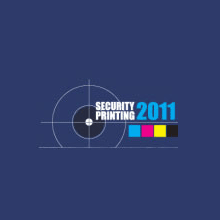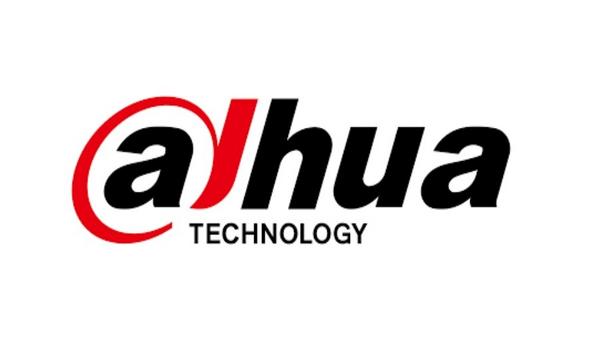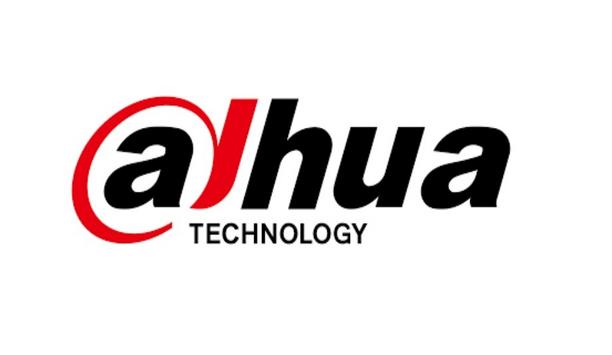 |
| Security printing is set to grow with the Euro zone expansion and Russian expansion in rouble production |
Security Printing and Alternative Solutions 2011 will take place on 26-27 January 2011 in Zagreb, Croatia and will deliver comprehensive programme featuring insights from the industry, government bodies and academia as well as present results of Pira's most recent market research.
According to Pira, growth is expected in the banknote sector as a result of the accession to the EU of some countries in Eastern Europe, and the fact that Russia is expanding its rouble production.
On 1 January 2011, the Euro will become legal tender in Estonia, and Estonia will become the 17th country to join the Euro area.
There are seven other Eastern European countries which may join the Eurozone within the next five years, however, no official date has been set for several of these countries, as the original target date for entry was in most cases abandoned and further delays are expected.
Other Eastern European countries which are official candidates for joining the EU include Albania, Bosnia and Herzegovina, Montenegro Croatia, Macedonia, Serbia and Turkey; Kosovo is also a potential candidate (but the European Commission does not list it as an independent country because not all member states recognise it as an independent country separate from Serbia). In view of the economic uncertainty that has prevailed over the past two years, it is unlikely that any of these countries would join the Eurozone within the next five years.
Eastern Europe still has a relatively low saturation of credit/ debit cards, and bank cards are mainly being used to withdraw money from automated teller machines (ATMs). There is significant potential for growth in the plastic card market, especially if cashless payment systems are adopted for small payments in shops and for transportation. The highest growth potential for credit/debit cards is seen in Russia, the Ukraine and Romania as the markets in the Czech Republic, Slovakia and Hungary are already more developed.
In the wake of the global recession consumers are increasingly embracing debit as the preferred payment method for everyday purchases due to the convenience, flexibility and global acceptance inherent in prepaid plastic cards, that segment represents a significant opportunity: global prepaid spending is forecast to reach $680 billion by 2015, according to a study by PSE Consulting commissioned by MasterCard. The total European market for prepaid plastic cards is currently worth €132 billion ($169 billion) with a card base of 418 million and some 4.4 billion transactions in 2008, according to a report by Polymath Consulting in 2009 which cites the MasterCard research.
Security Printing 2011 is supported by President of Croatia and Faculty of Graphic Arts at Zagreb University |
In Eastern Europe, wages are often still paid in cash since many employees do not have a bank account. In the future these wages could be paid via prepaid cards. A study, by Bloom/Cogar Consulting, Inc. on behalf of MasterCard, identified the Union of Polish Municipalities as offering the best market development opportunity for prepaid plastic cards, likewise, the Czech Ministry of Labour and Social Affairs is keen to end the existing reliance upon paper-based vouchers and coupons for meal allowances and this may offer opportunities for prepaid plastic cards to access the public sector. Whilst Eastern Europe may previously have been slower to adopt credit cards, it is expected that prepaid cards may offer a cost-effective alternative to cash payments in both the private and public sectors. Total spending on government and public sector programmes within Europe is forecast to account for 7 percent ($13 billion) of total spending on prepaid cards by 2015.
The ID document sector is among those with the highest growth potential in this region. The US Department of Homeland Security (DHS) Visa Waiver Programme (VWP), allowing citizens of specific countries to travel to the United States for tourism or business for up to 90 days without having to obtain a visa. Currently, 36 countries participate in the Visa Waiver Programme, as shown in the table below (those in Eastern Europe are highlighted).
Each of these countries committed to meeting the new requirements of the programme, including an electronic system of travel authorisation so that their citizens would need e-passports, but no visas to enter the US. There is accordingly some pressure on other countries in the region to make similar arrangements.
The secure advanced pre- paid plastic cards are booming across the European market |
In fact, besides the admission of Greece in 2010, no new countries have been permitted entrance into the VWP since 2008. This lack of momentum is largely the result of the current biometric air exit mandate, which prevents the DHS from adding new countries into the programme until the U.S. is biometrically tracking (through fingerprinting) the departure of foreign visitors from U.S. airports. Congress and DHS see deployment of biometric exit as a necessary step toward understanding the number of visa overstays inside the U.S., when this is in place it is likely that other countries in Western Europe who have reached the level of compliance with respect to e-passports will be admitted to the VWP.
More of Pira's report will be presented at the Security Printing 2011 conference taking place in 3 weeks. The event is proudly supported by the President of Croatia and the region's most prominent and award winning institution; the Faculty of Graphic Arts at Zagreb University. Security Printing 2011 will also feature a comprehensive trade exhibition and social programme, including a charity dinner, which will allow ample time to network with potential customers and discuss current industry developments. The exhibition will feature Foster & Freeman, Andrews & Wykeham, Projectina, AKD, Signotec, Apis, Keesing Reference Systems, Zagreb University and Narodne Novine.





















